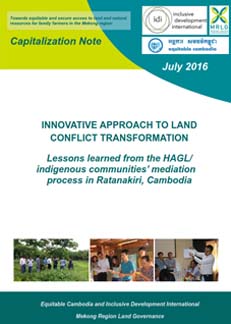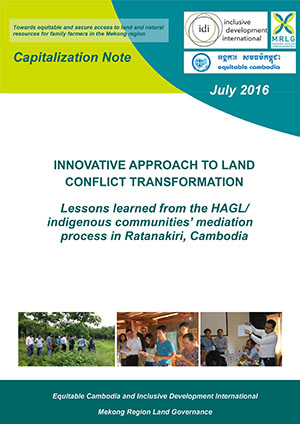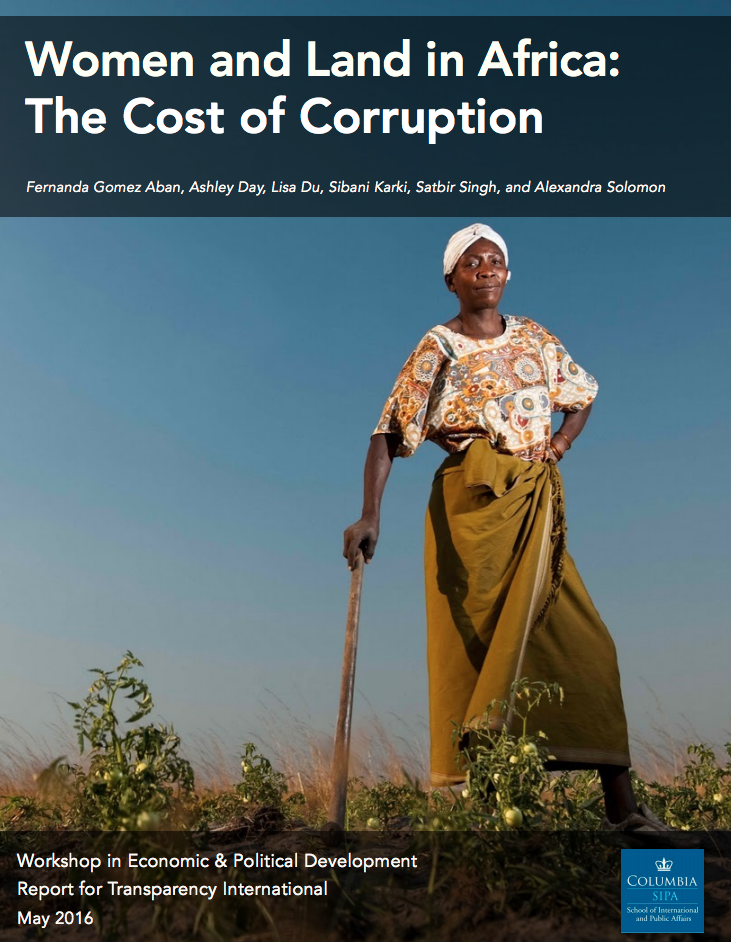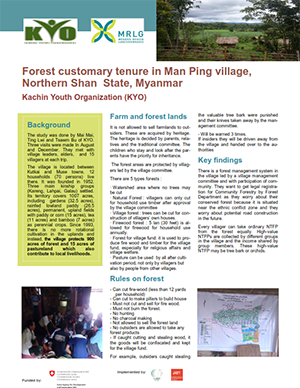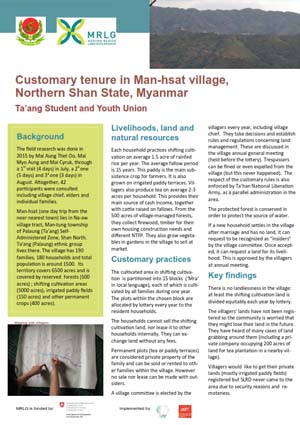Namibia: Good Practices and Lessons Learned for Gender and Communal Land
Focuses on communal land and attempts to better understand the intersection of gender, communal land, and land reform in Namibia. Concentrates on two regions that adopted different approaches. The Oshana region leads the implementation of the nationwide Communal Land Reform Act, 2002, that introduced the registration of customary land rights in communal areas, while the Kavango region declined to participate in this and instead continues to independently administer customary land rights in accordance with its established customary system.


